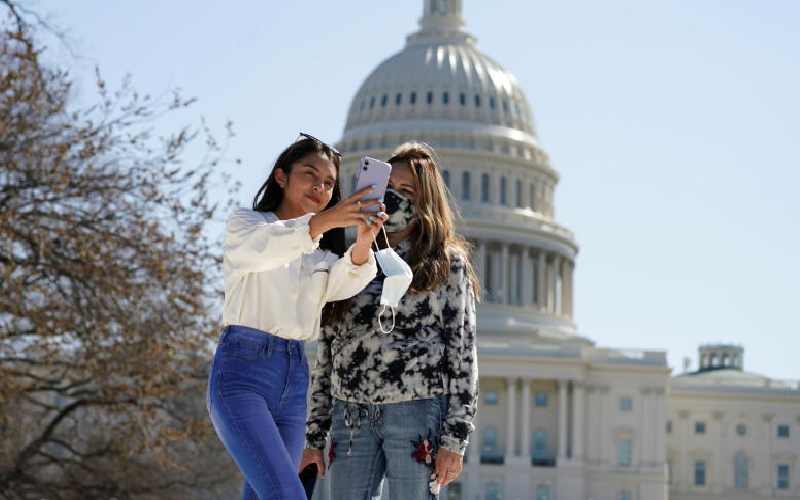×
The Standard e-Paper
Stay Informed, Even Offline

Men outnumber women three to one on government coronavirus task forces globally, a disparity that risks creating an unequal recovery, the United Nations warned on Monday.
Women made up just 24% of representatives on task forces set up to manage the recovery in 137 countries examined in a study by the U.N. and the University of Pittsburgh's Gender Inequality Research Lab. Of the 225 task forces, 26 had no women at all.